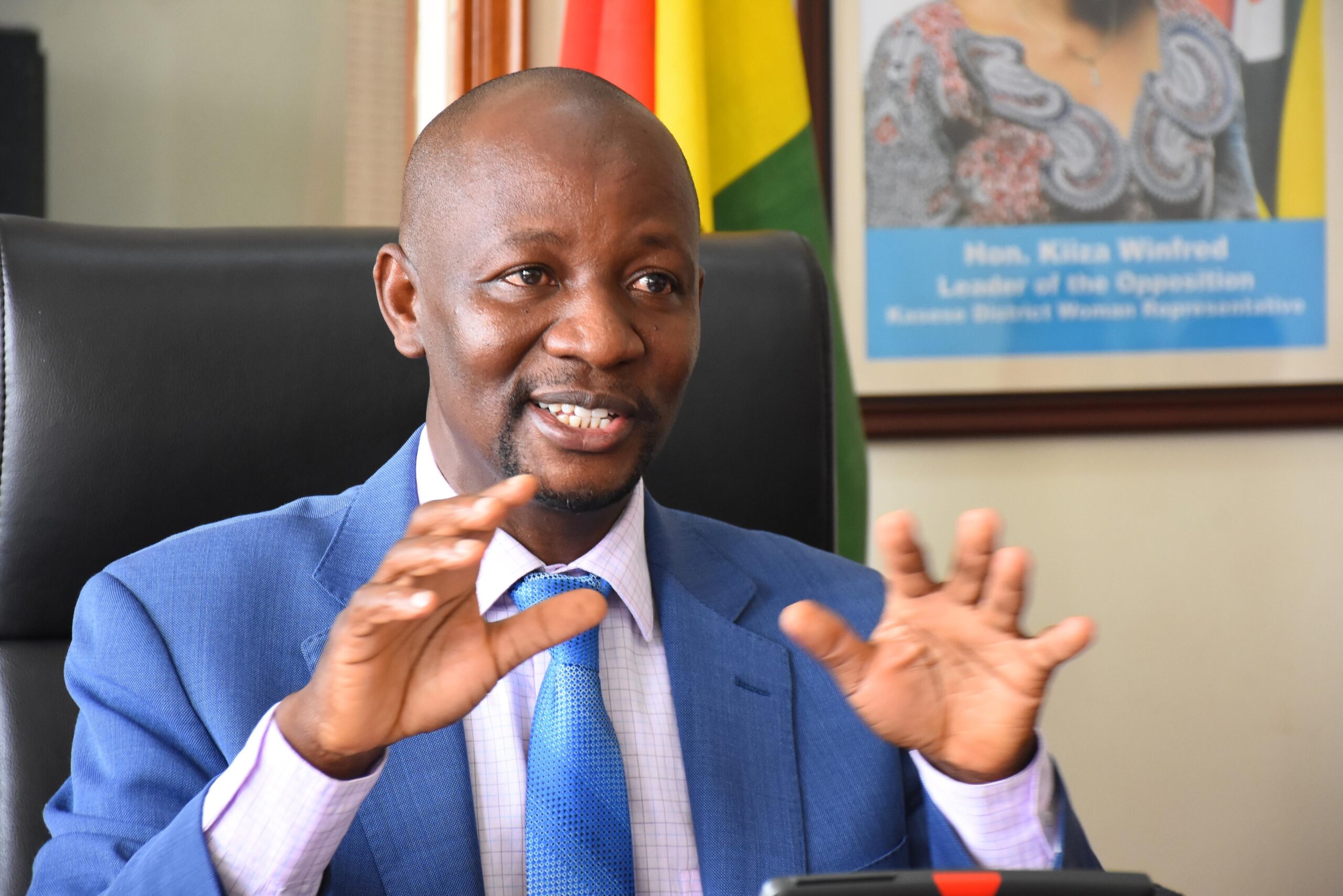President Yoweri Museveni has summoned Members of Parliament from the ruling National Resistance Movement (NRM) to discuss a proposed amendment to the Uganda People’s Defence Forces (UPDF) Act in the wake of a landmark Supreme Court ruling that outlawed the trial of civilians in military courts.
The Supreme Court ruling, delivered on January 31, 2025, declared that military courts have no jurisdiction over civilians and directed that all cases involving civilians be transferred to civilian courts with competent jurisdiction. This decision was seen as a significant victory for human rights activists and opposition figures, who have long decried the use of military courts to suppress political dissent and target opposition members.
However, sources within the ruling party suggest that President Museveni and his allies are seeking to amend the Constitution and the UPDF Act to reinstate military courts in some form. The proposed changes would reportedly introduce exceptions to the right to a fair trial, define qualifications for members of military courts, and potentially override the Supreme Court’s ruling.
Kiira Municipality MP Ibrahim Ssemujju Nganda, a vocal opposition leader, has condemned the move, accusing the government of attempting to undermine the judiciary and constitutional order.
“Their scheme is to re-establish the now outlawed military courts. They want to amend the Constitution and the UPDF Act. They want to create exceptions to the fair trial article in the Constitution and provide for qualifications for those who will sit on the military courts. The Constitution doesn’t allow Parliament to alter a judgement of court; that is why they want to overthrow it. You know military courts help Museveni to solve his bail problems,” Ssemujju Nganda stated.
Opposition leaders and civil society groups have long argued that military courts have been used as a tool of repression, particularly against political activists, journalists, and opposition supporters. Many detainees tried in military courts have faced prolonged detention without bail, restricted access to legal representation, and harsh sentences that critics say are politically motivated.





